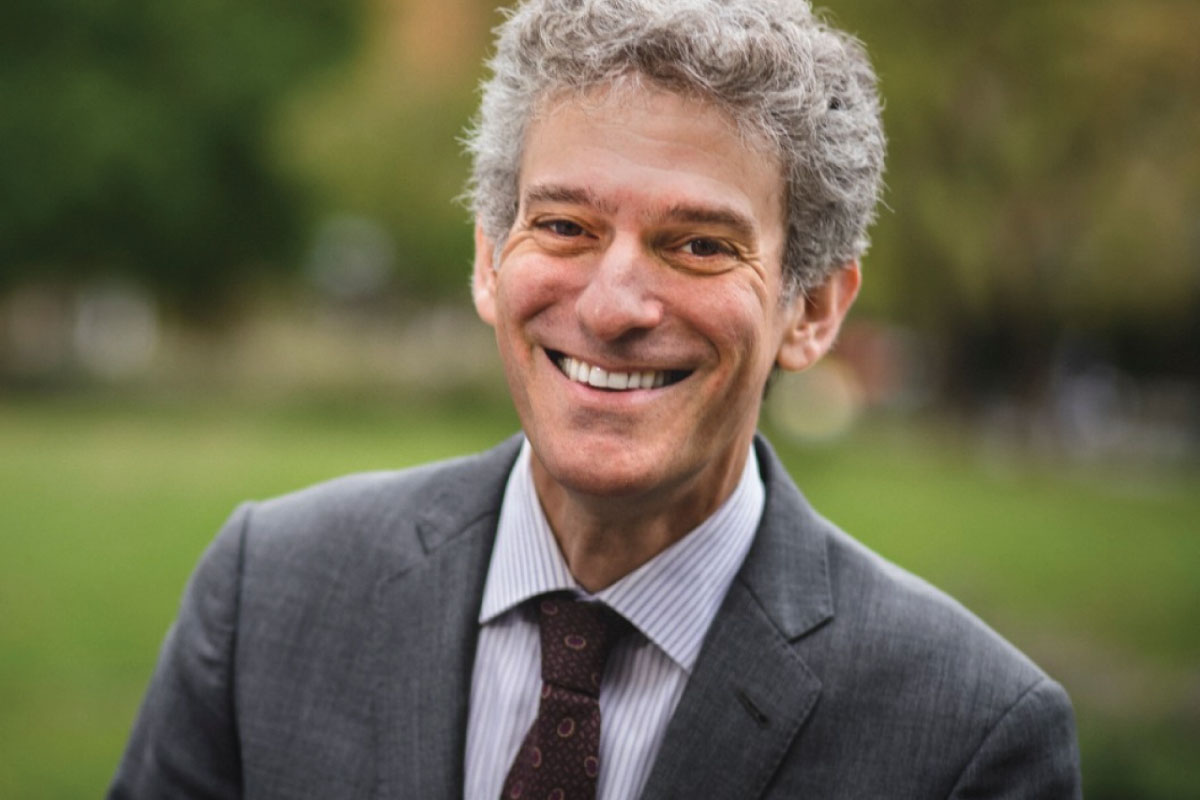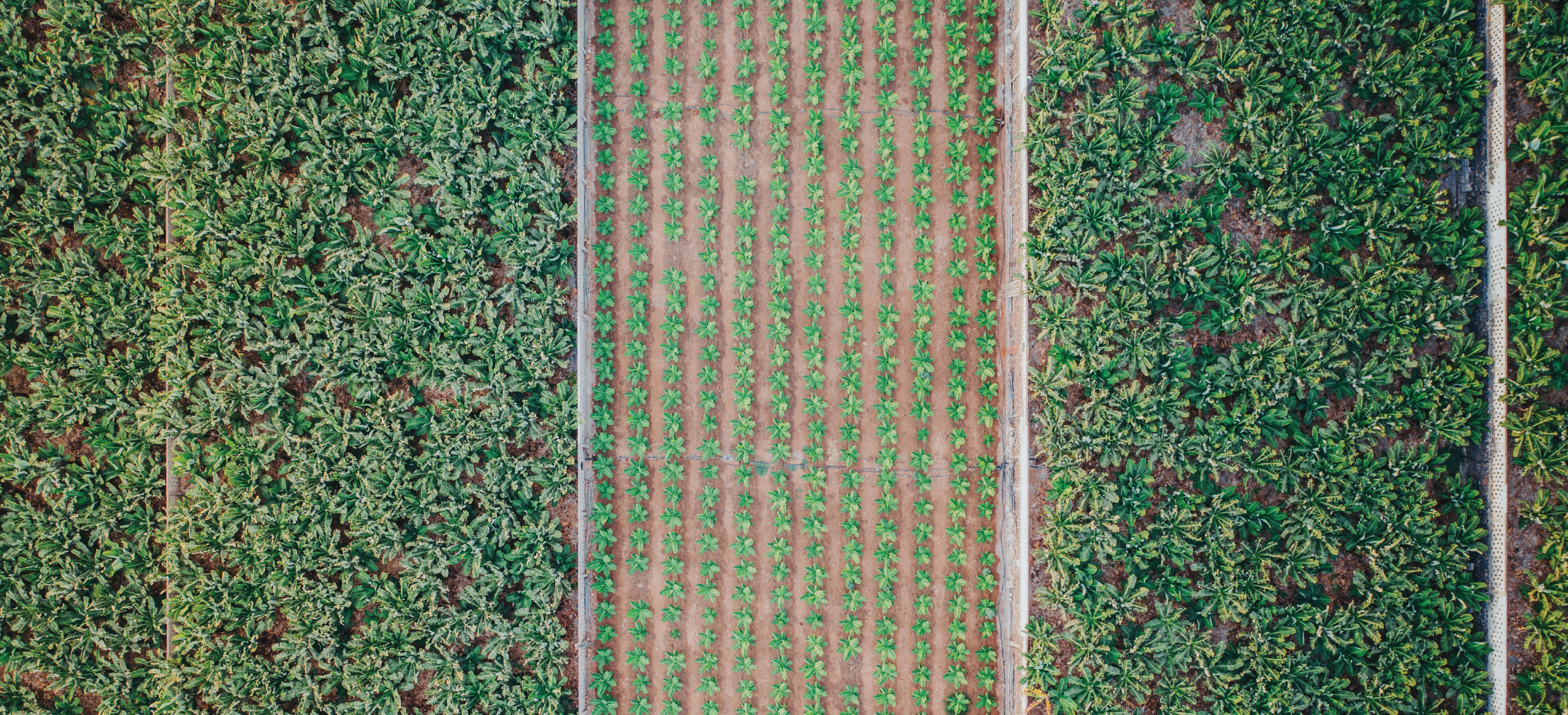
When you become a member of the NYU community, you can incorporate sustainability into every aspect of your experience. From the clubs you join to the residence hall you call home. NYU is a great place to become better informed and get deeply involved in reshaping our future to be sustainable, livable, accessible, and inclusive.
You can devote your studies to sustainability or enroll in individual courses that explore this urgent topic. Below are eight course offerings across disciplines and schools. And they’re just the tip of the iceberg. If you don’t find what interests you most, don’t worry! NYU, ranked No. 3 on The Princeton Review’s list of Top 50 Green Colleges for 2024, offers over 600 sustainability courses.

Food, Land, and Power
Part of the Asian/Pacific/American (APA) Studies program, this course studies economies, governance, and production. You’ll examine sustainability, Indigenous resurgence, and food sovereignty movements. And along the way, you’ll uncover alternatives to industries founded on resource extraction, the military–industrial complex, industrial agriculture, and genetically modified crops.
At the College of Arts and Science, you can major or minor in APA Studies. Additionally, NYU is home to the A/P/A Institute. There, you’ll find engaging programs, compelling exhibitions, and innovative research opportunities.
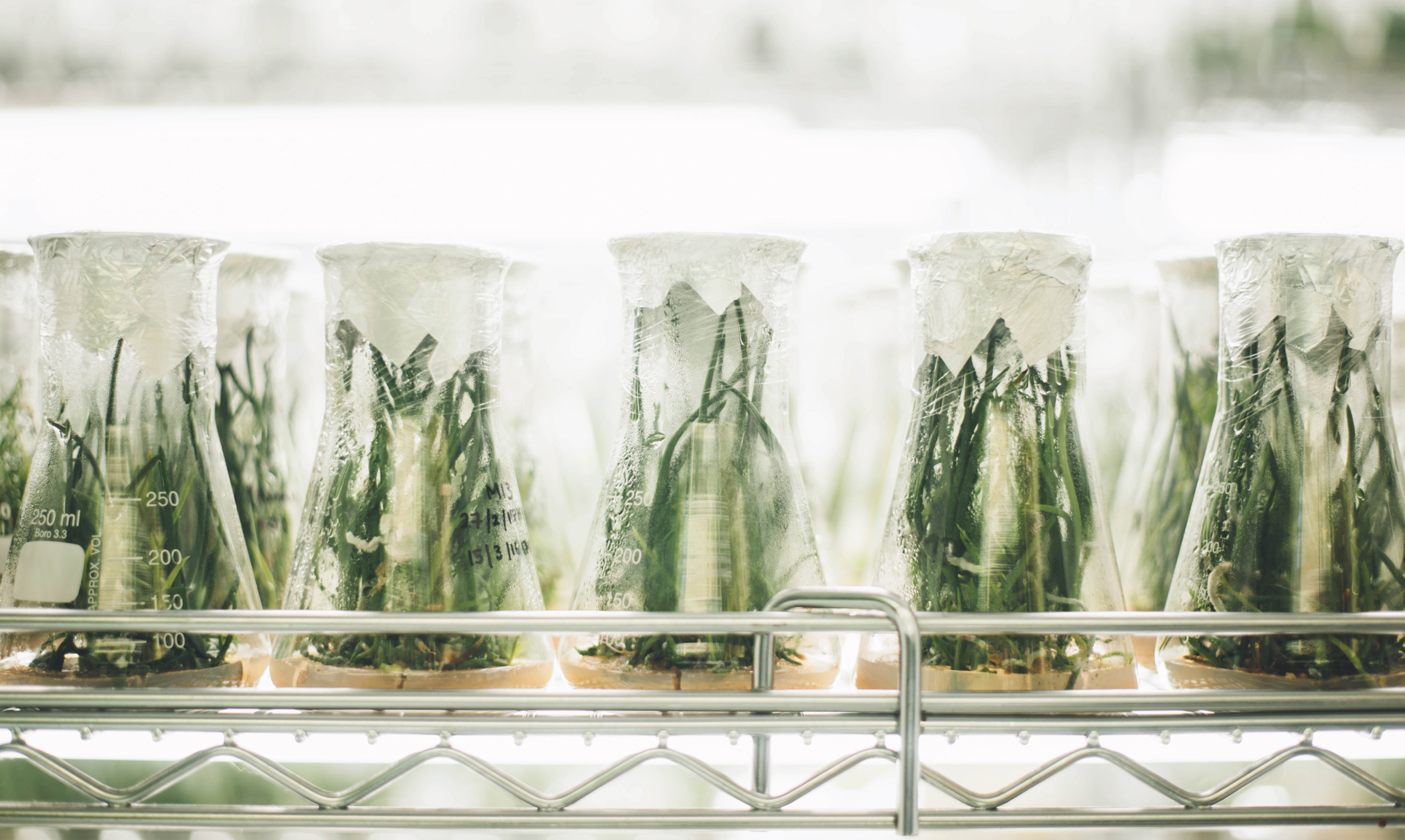
Energy and the Environment
This popular NYU Shanghai chemistry course is a favorite among science and nonscience majors alike. In the first half of the course, you’ll investigate atmospheric composition and the chemical processes that cause air pollution, ozone depletion, and global warming. Then, you’ll explore the properties of water and the effects of various aqueous pollutants. In addition to lectures, the course includes weekly laboratory experiments for practical investigation.
At NYU Shanghai, you can major or minor in Chemistry. What’s more, the Center for Computational Chemistry offers further opportunities to conduct research and find a mentor.
Media and the Environment
What are the relationships between communication, culture, and the environment? How does the way we communicate impact our perception of and relationship to the natural world? This course investigates these questions and more. Consumerism, environmental activism, popular culture representations of the environment, and wildlife tourism are additional course topics.
Media and the Environment is offered within the Media, Culture, and Communication (MCC) program at the Steinhardt School of Culture, Education, and Human Development. There, you can also find the MCC MediaLab, an experimental, student-led learning space for digital media.
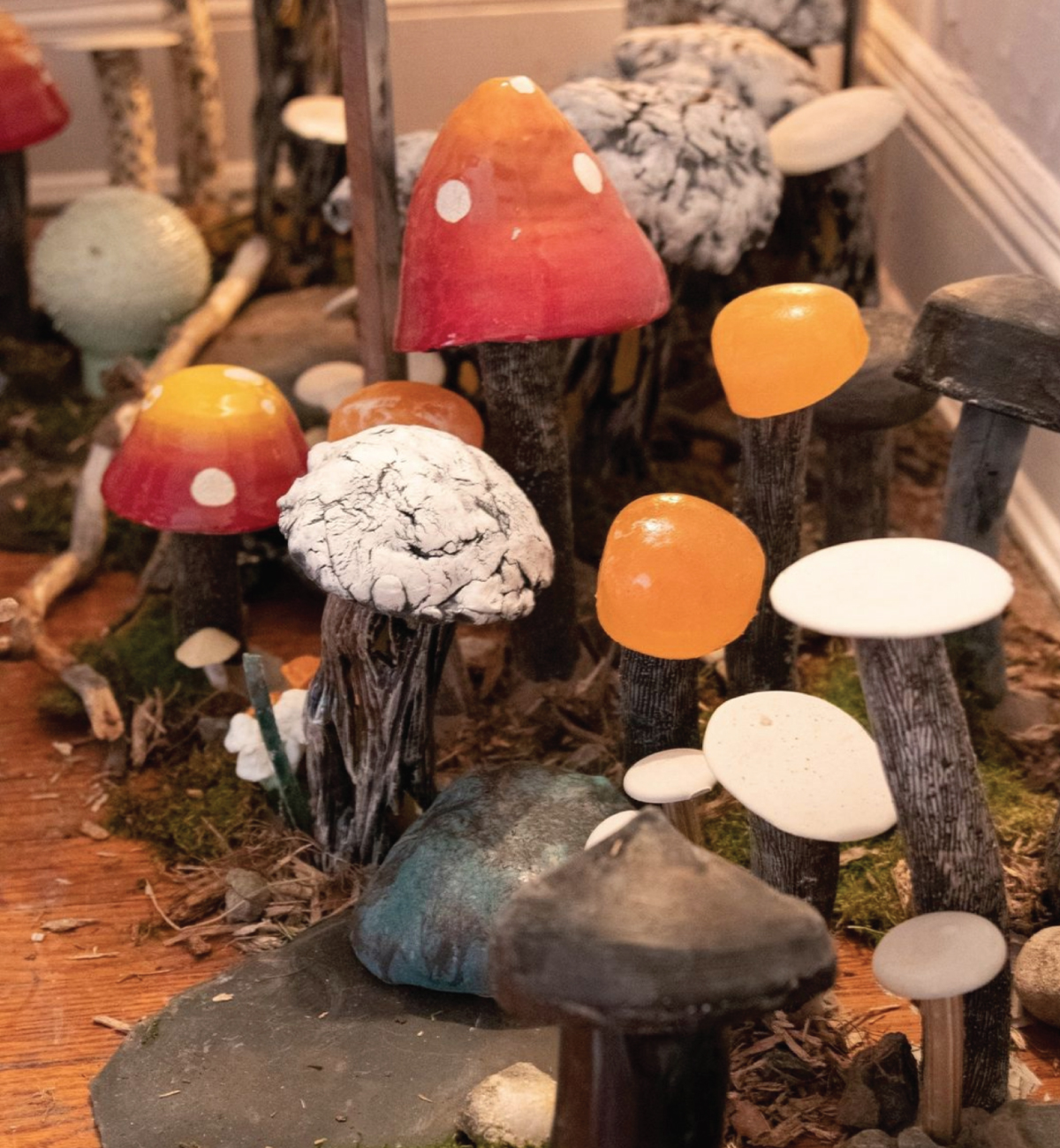
Art of the Anthropocene and Anthropocene Narratives
These two courses explore how activists, artists, and scientists think about the hotly debated idea of the Anthropocene. This unofficial era describes the most recent period in Earth’s history when human activity began to noticeably impact the climate. In both courses, you’ll engage with visual, literary, and ethnographic works to challenge your perception of critical resources, the foregrounding of humans, and possible future alternatives.
Both Art of the Anthropocene and Anthropocene Narratives offer the chance to get involved with the new Gallatin WetLab. A gallery and laboratory, the Gallatin WetLab fosters experimental art-science teaching and learning collaborations.
Economic Inequality: Perspectives, Policies and Practices
In this Stern School of Business course, you’ll explore the causes and consequences of economic inequality. What’s more, the course assignments will empower you to effect positive change. The format includes a seminar and two major projects. First, you’ll consider the many factors shaping inequality in your hometown. Then, you’ll collaborate with other students to identify areas within the community, government, and market sectors that can be leveraged to create a more just and sustainable society.
Stern students all complete the Social Impact Core, but you can deepen your sustainability studies with a concentration in sustainable business. In addition, you’ll benefit from access to programming and research opportunities through the Center for Sustainable Business.
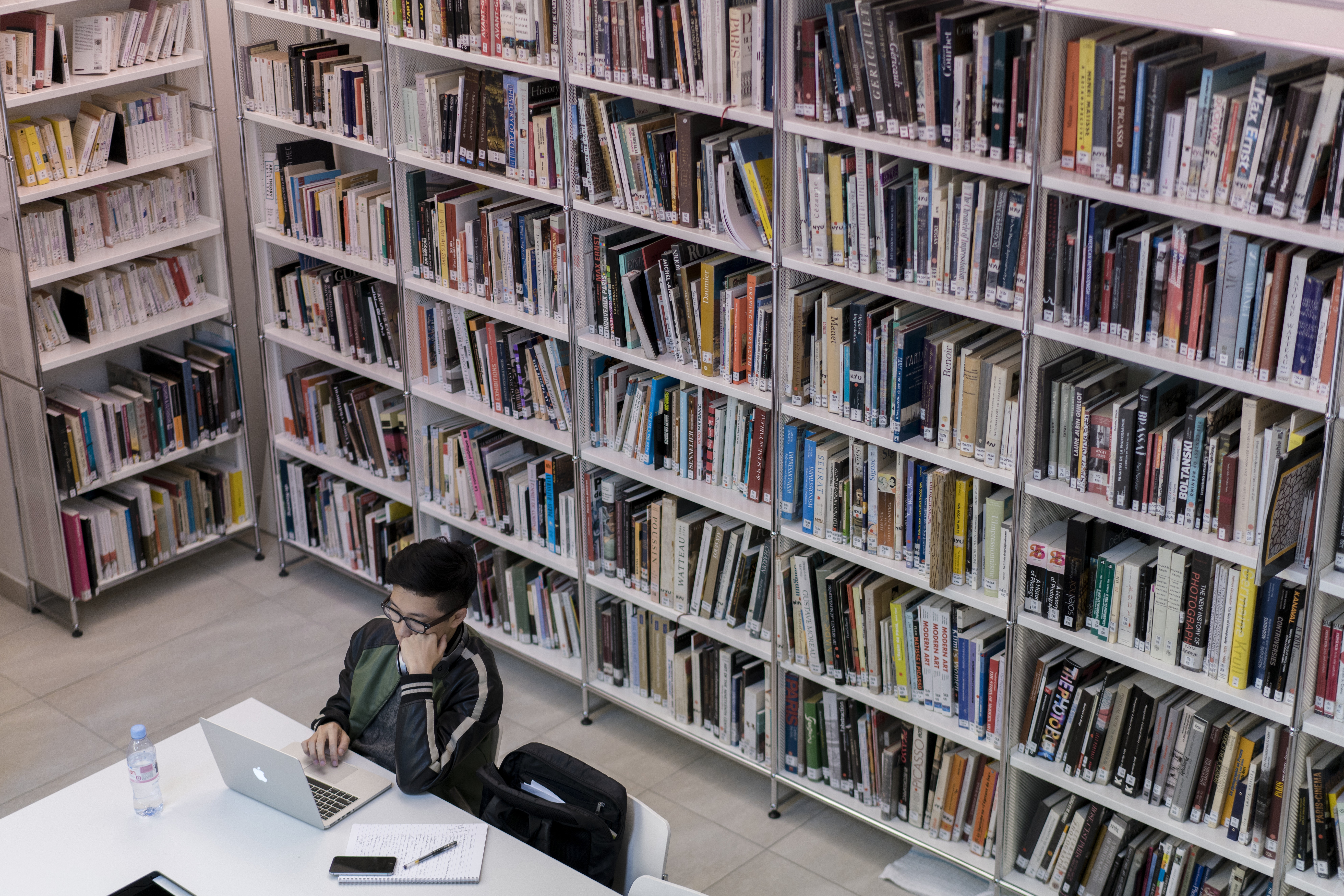
Language as Action: Reading and Writing Water
Readers and writers will thrive in this expansive sustainability course, which draws upon essays, films, movement, poetry, performances, visual art, and more to reflect on and expand society’s relationship to water. Taking into account how water is beautiful, dangerous, endangered, essential, mysterious, nourishing, and politicized, you’ll consider its relation to the constructs of time, land, liberation, libation, and ownership.
Art and Public Policy is a minor-only program (and graduate program) at the Tisch School of the Arts. It’s designed to provide young artists and scholars with opportunities to incubate their ideas and put them into action.
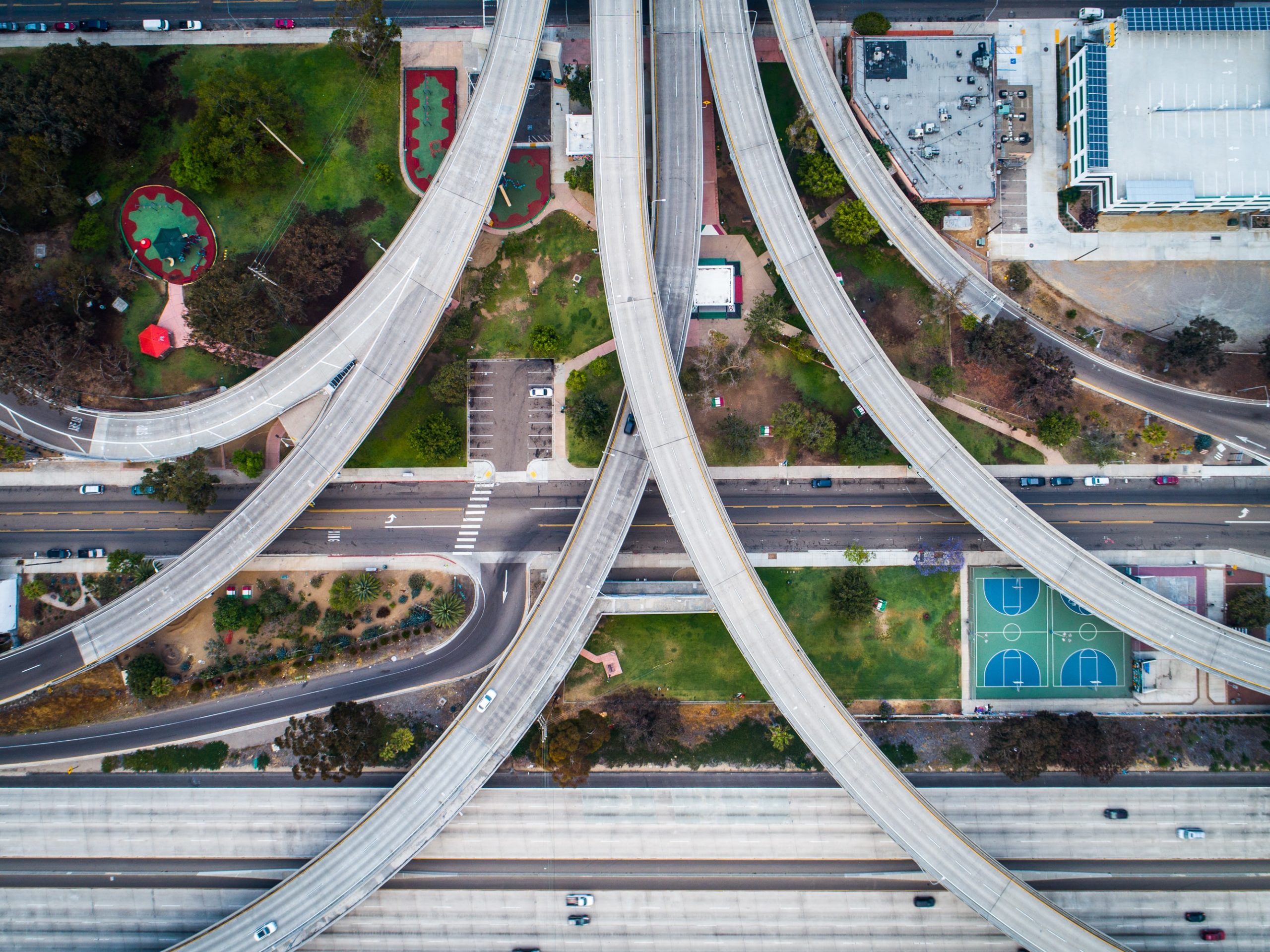
Mapping Urban Utopia
This multidisciplinary course at NYU Abu Dhabi invites you to imagine the city of the future as an ideal space of sustainability, access, inclusion, and mobility. You’ll engage with theoretical concepts, practical tools, and experiences such as architecture, cartography, critical tourism, and sound ecology to create a unique urban prototype. Furthermore, through analysis, discussion, exploration, and 2-D and 3-D modeling, you’ll become a spatial design consumer and maker.
NYU Abu Dhabi offers additional research opportunities at its Center for Interacting Urban Networks and the Research Center on Stability, Instability, and Turbulence. The degree-granting campus also hosts several other sustainability-focused research centers.

